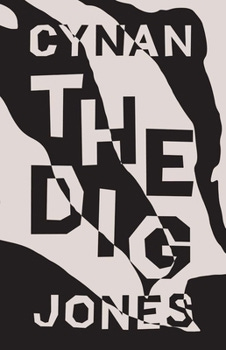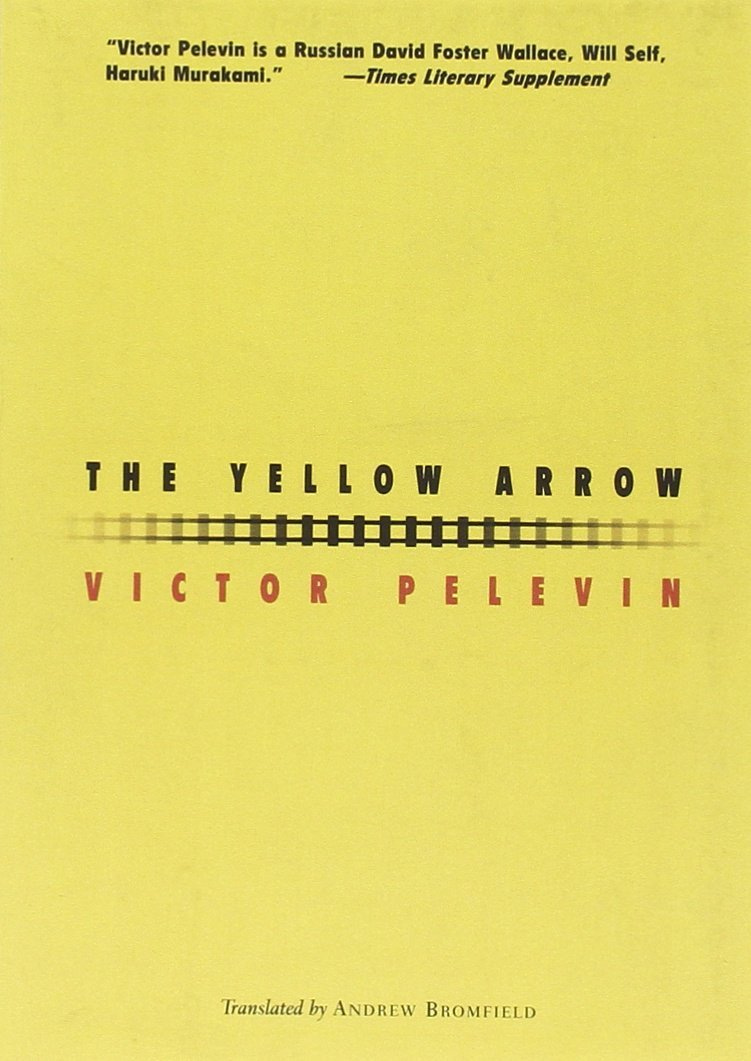If you’re like me, you’re wearing sweatpants and a hoodie at the moment.
Also, you like short novels. For many reasons.
One reason I enjoy short novels is that they’re a nice break between longer novels. If you’ve just finished Donna Tartt’s The Goldfinch and are moving to settle in with Thomas Pynchon’s Mason & Dixon, each of which teases the 800-page mark, then you might be in the market for a 120-page intermezzo.
I appreciate the feeling of accomplish with “knocking out” a short novel. I like to think I’ve gotten new experience — whether time period or setting or a new-to-me author.
Here are four short novels I’d recommend, simply because I dug them. (I’m providing the edition I read them in, by the way.)
Tomoka Shibaski’s Spring Garden (2017, Pushkin Press, 154 pages)
Winner of the Akutagawa Prize, a sharp, photo-realistic novella of memory and thwarted hope
Divorced and cut off from his family, Taro lives alone in one of the few occupied apartments in his block, a block that is to be torn down as soon as the remaining tenants leave. Since the death of his father, Taro keeps to himself, but is soon drawn into an unusual relationship with the woman upstairs, Nishi, as she passes on the strange tale of the sky-blue house next door.
First discovered by Nishi in the little-known photo-book ‘Spring Garden’, the sky-blue house soon becomes a focus for both Nishi and Taro: of what is lost, of what has been destroyed, and of what hope may yet lie in the future for both of them, if only they can seize it.
One of the things I liked most about this was the straightforward telling of the story. Nothing was too terribly complicated, but the sense, at first, of isolation, and then of being drawn into the world were pretty darn strong. I became so involved in the story, which became more vivid and immersive, that I looked up once and was startled to find that I wasn’t sitting in the book’s neighborhood.
Pushkin Press also has a nice collection of their Japanese novellas here.
Cynan Jones’s The Dig (2015, Coffee House Press, 154 pages)
Built of the interlocking fates of a badger-baiter and a farmer struggling through lambing season, The Dig unfolds in a stark rural setting where man, animal, and land are at loggerheads. There is no bucolic pastoral here: this is pure, pared-down rural realism, crackling with compressed energy, from a writer of uncommon gifts.
It is certainly within the realm of possibility that this is my only (so far) read of the badger-baiter world.
The people who market books call this “rural realism,” and I’m not exactly sure what that means. I can tell you that it feels direct in its telling and emotive in its impact. There’s sure as heck not any mussing about with this book.
Victor Pelevin’s The Yellow Arrow (1994, New Directions, 92 pages)
A Russian train which makes no stops, the Yellow Arrow has no end and no beginning, and its destination is a ruined bridge. Andrei, less and less lulled by the never-ending hum of the wheels, begins to look for a way to escape. But life in the carriages goes on as always. “Indifferent to their fate, the passengers carry on as usual––trading in nickel melted down from the carriage doors, attending the Upper Bunk avant-garde theatre, leafing through Pasternak’s Early Trains, or disposing of their dead through the compartment windows” (The London Observer).
This book was, no pun intended, a trip. Weird. Spooky. Philosophical. Unsettling. Kirkus Reviews said “Imagine Hermann Hesse with a robust sense of humor.” I guess that’s a take?
Pascal Garnier’s The Panda Theory (2012, Gallic Fiction, 171 pages)
‘You’ve only been here for a few days but you already know loads of people. You walk into people’s lives, just like that.’
Gabriel is a stranger in a small Breton town. Nobody knows where he came from or why he’s here. Yet his small acts of kindness, and exceptional cooking, quickly earn him acceptance from the locals.
His new friends grow fond of Gabriel, who seems as reserved and benign as the toy panda he wins at the funfair.
But unlike Gabriel, the fluffy toy is not haunted by his past….
You can feel the deep greys when you read this book. It’s mysterious and foggy, but also humorous — one of those funny, dark books that is also a dark, funny book. THe book is noir in atmosphere, though not filled by “tough guy” violence throughout. Also, this story moved along at a nice clip and, additionally, wasn’t sullied by all those “he said” interruptions.
So there you have it — four short books for you to dig around for if you’re in the mood.







